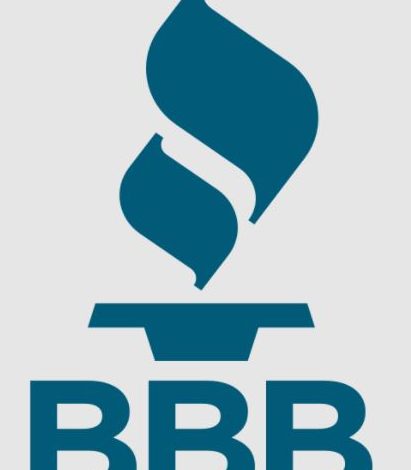BBB Tip: Beware of heating contractor scams

As temperatures drop, BBB recommends making sure your furnace is in working order so you don’t have any chilly surprises.
Read more or hear from Better Business Bureau Regional Director Pamela Hernandez below:
Audio PlayerIt’s wise to have a contractor check up on your furnace if you haven’t already this year – this can help you get out ahead of potential issues.
If a broken furnace does catch you off guard, don’t panic. Take your time to find a trusted contractor. Some unscrupulous contractors will take advantage of customers in emergency situations by overcharging them, not finishing projects or failing to contact them.
Good heating contractors will be in high demand this winter, so don’t be surprised if you can’t get your furnace fixed immediately. But don’t rush into a deal with a bad actor, either.
Common complaints BBB receives about HVAC contractors include substandard work, unfinished jobs and billed expenses that weren’t discussed up front. Research contractors carefully before you move forward.
Tips for finding a heating contractor:
- Research companies with BBB. Visit BBB.org to search for service companies’ BBB Business Profiles. There, you can see customer reviews, any history of complaints and whether the company is BBB Accredited. Always confirm that the company is licensed and insured.
- Compare prices and service packages. Get at least three estimates for any heating repair, maintenance or replacement project. The estimates should provide a full description of the services the company will provide and the materials they will use.
- Ask about a warranty. Find out if the company offers any type of warranty or guarantee, and make sure you understand the terms and conditions of the coverage. Check the warranty on your current air conditioning unit to determine whether any repairs or replacements are covered.
- Ask about energy efficiency. Many new furnace units are manufactured to be energy efficient. Look for the ENERGY STAR label on energy efficient products that may cost a little more up front, but could help you save money on energy costs over time. Some models may even be eligible for a tax credit – your contractor can help you verify this and can provide the Manufacturer Certification Statement for the equipment you plan to purchase.



